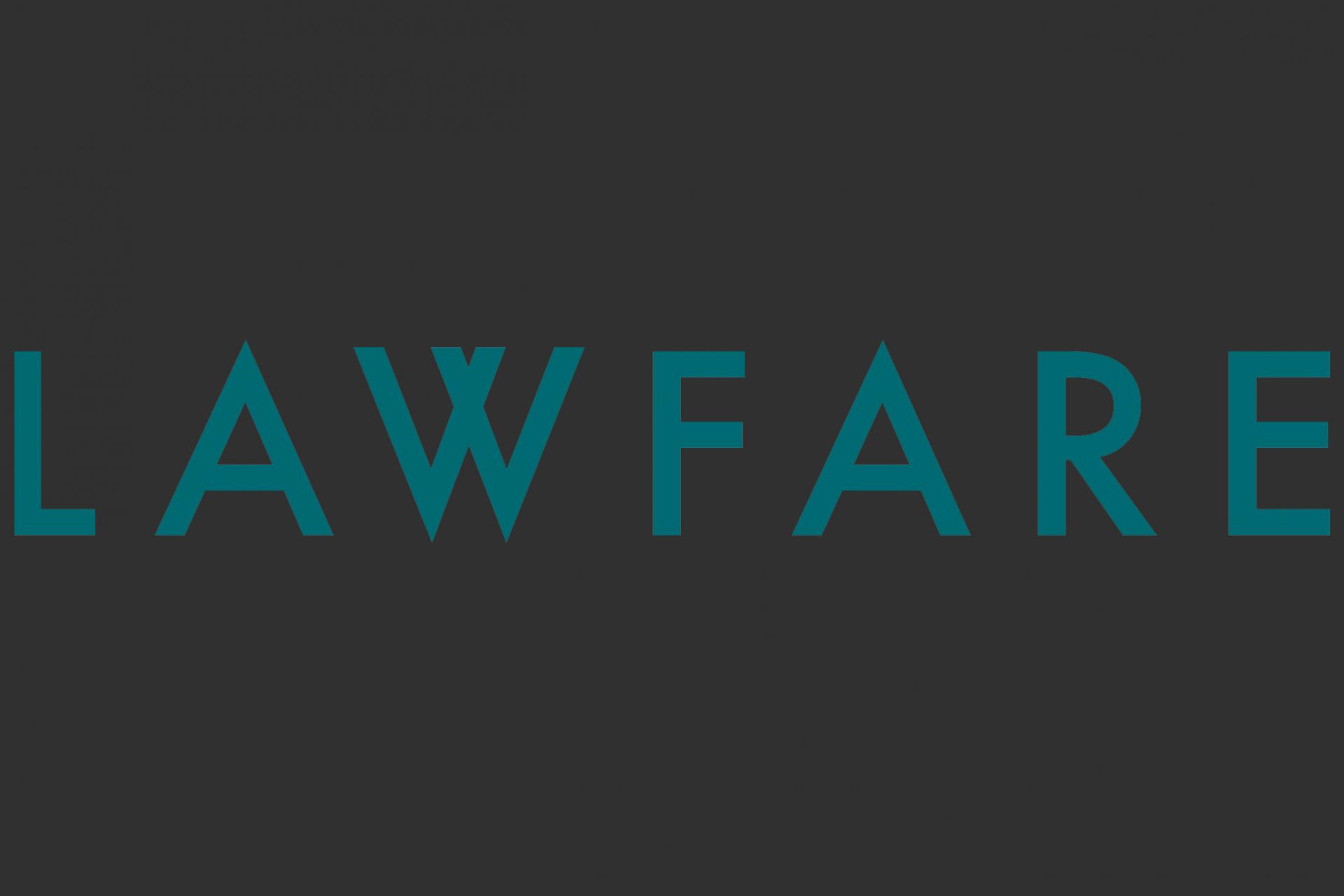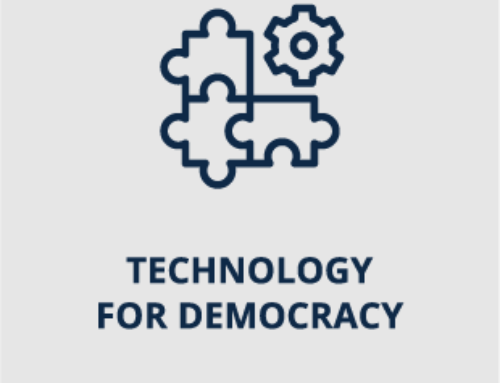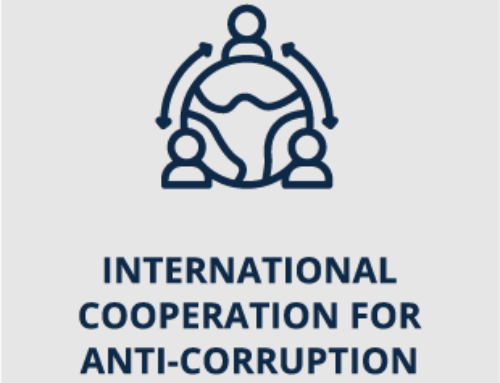The recent surge began during the Trump administration but increased during the first half of this year, bedeviling the Biden administration’s preferred focus on domestic renewal and other less toxic policy challenges.
The most recent wave is part of a decades-long—and increasingly multinational—trend of an average of 311,000 migrants annually fleeing poverty and violence in the Northern Triangle—the vast majority of whom come to the United States.
The migration surges have defied policy solutions regardless of the political orientation of the White House. Unauthorized Central American migration forced itself onto the forefront of the policy agendas of the Obama, Trump and Biden administrations. All of them struggled to address the problem. It emerged as the first major political challenge for the Biden administration after taking office.
Root Causes
In July, the Biden administration launched its Central America migration strategy focused on root causes—a welcome shift in the United States’ conceptualization of migration dynamics after at least a decade of advocacy for a more holistic U.S. immigration policy.
For decades, U.S. immigration policy (over)relied on enforcement—while deemphasizing the driving forces in sending countries—to deal with millions of Mexicans and Central Americans fleeing their homelands.
While enforcement will always be a component of U.S. immigration policy, the formal addition of a root causes strategy focused on the source of migration in sending countries represents a significant advance toward a more sophisticated understanding of an exceedingly complex, multifaceted dynamic.
Governance First
The Biden administration’s Central America migration strategy reveals a grasp of the problem’s magnitude, stating in its first sentence that the root causes of migration in Central America “run deep.” It advances a proposal bolstered by five pillars to address the causes of migration in the region:
- Pillar I: Addressing economic insecurity and inequality
- Pillar II: Combating corruption, strengthening democratic governance, and advancing the rule of law
- Pillar III: Promoting respect for human rights, labor rights, and a free press
- Pillar IV: Countering and preventing violence, extortion, and other crimes perpetrated by criminal gangs, trafficking networks, and other organized criminal organizations
- Pillar V: Combating sexual, gender-based, and domestic violence
Crucially, the White House, the U.S. Agency for International Development (USAID) and the State Department correctly identify governance as the cornerstone to changing the socioeconomic dynamics in the region and as fundamental to the overall success of the strategy. The governance-first strategy is backed up by a new focus on combating corruption in the region through strong coercive measures.
The Biden administration proposal includes a badly needed $4 billion investment in the region. The Northern Triangle was hit hard by the coronavirus pandemic, and U.S. support to revitalize the education sector, in particular, can foster social cohesion and better prepare youth for the job market at home, providing alternatives to forced migration. Food security and livelihoods are other important areas of investment.
But sustainable development is challenged in the Northern Triangle by an elite with a history of using copious amounts of violence to defend its control of the commanding heights of their governments and economies.
As one example, U.S. prosecutors have said that Honduran President Juan Orlando Hernández and his brother Juan Antonio “Tony” Hernández play lead roles “[i]n a violent, state sponsored drug trafficking conspiracy.” In April, Juan Antonio Hernández was sentenced by the U.S. District Court for the Southern District of New York to life imprisonment and a $158 million fine on drug trafficking and weapons charges. U.S. Attorney for the Southern District of New York Audrey Strauss also said he was complicit in two murders.
Poverty, food insecurity and joblessness are important issues in their own right and certainly major drivers of unauthorized migration. But without addressing head-on the role of elites in perpetuating inequality and violence in the region, mass migration is likely to persist. Tackling corruption will be one of the key pillars of the Biden administration’s Summit for Democracy in December. There is perhaps no region of the world more important than the Northern Triangle and Mexico in terms of the impact of corruption on the United States.
Game of Thrones
Prioritizing governance alone isn’t a solution. Rather, a multifaceted, sustained effort is necessary to reduce Northern Triangle migration. And while the Biden administration’s new root causes policy is the strongest in history, it remains an open question whether it’s possible to stop or even significantly slow unauthorized migration from the region.
But to have a chance at changing the dynamics, it’s important to understand how corruption, inequality and violence (that is, poor governance) affects Northern Triangle countries, severely limiting political and economic prospects for its citizens. The United States’ Central American-born population has increased 10-fold since 1980 for a combination of reasons, but poor governance is at the top of the list.
There are many ways to define and measure governance, but by almost any metric Guatemala, Honduras and El Salvador are plagued by severe corruption and a weak rule of law. Transparency International ranks Honduras among the bottom 13 percent of corrupt countries out of 180 countries surveyed in its Corruption Perceptions Index, tied with Zimbabwe at 157.
Guatemala ranks slightly better at 149, sandwiched between Nigeria and Iran. For its part, El Salvador achieves a more middling score, ranking in the bottom 43 percent of countries, at 104. But Transparency International also notes that Guatemala is moving in the wrong direction.
Severe inequality is a tell-tale sign of a rigged system and—although it’s not the world’s poorest region—Latin America is the most unequal and the Northern Triangle (with the partial exception of El Salvador) is one of the most unequal subregions in Latin America.
The Gini coefficient, which measures income inequality (not poverty), ranks Honduras as the 10th most unequal country in the world. In a continuing pattern, Guatemala ranks slightly better and El Salvador is significantly more equal.
Central Americans’ perceptions of their governments and societies often mirror the socioeconomic and political assessments of international organizations. A 2019 Americas Barometer survey found that 61 percent of Guatemalans believe that their public officials are corrupt and 64 percent doubted that the Guatemalan judicial system effectively punishes criminals. Given this lack of faith in the system and the violence plaguing Guatemala, it’s understandable that 69 percent of Guatemalans said they were in favor of the death penalty (currently illegal) as a more efficient means to deal with criminality as opposed to a law enforcement system they don’t trust.
As in the United States and other countries suffering increasing inequality and declining faith in institutions, poor governance in the Northern Triangle is generating a lack of support for democracy itself. Recent Americas Barometer research found support for democracy lowest in Guatemala and Honduras among all countries in Latin America.
This scenario affects not only Guatemalans’, Hondurans’ and Salvadorans’ faith in their domestic institutions but also their likelihood to leave their homelands. Analysis finds a link between “the quality of democracy and citizens’ confidence in their government institutions [and] intentions to emigrate.”
Worse Than War
In all three Northern Triangle countries, those who have been victims of crimes are also more likely to emigrate. And in recent years, the levels of violence in the Northern Triangle have exceeded homicide rates during the region’s civil wars of the 1980s. This violence is due in part to ineffective law enforcement systems that are often not trusted by citizens.
About 75,000 Salvadorans were killed during the country’s 1980-1992 civil war. At the war’s height, an average of 17 people were killed per day. But the rates of violent death have now exceeded those of the civil war, with an average of 20 murders per day in 2015 that coincided with a previous migration surge from the region.
In recent years, Central America has had the highest homicide rate of any subregion of the world, with an average of almost 26 per 100,000 population in 2017. Rates among the Northern Triangle nations were even higher, at 62 per 100,000 in El Salvador—the highest rate in the world—and almost 42 per 100,000 in Honduras. U.S. assistance and the coronavirus helped reduce homicides over the past couple of years, but the Northern Triangle continues to suffer from escalated violence.
According to the United Nations Office on Drugs and Crime, Latin America‘s elevated homicide rates “[c]annot be explained by their level of socioeconomic development alone. In such cases, investment in socioeconomic development would not be sufficient to bring down the high level of violence. Structural changes in governance and consolidation of the rule of law are more likely to be effective.”
Confronting Impunity
The urgency to improve governance in the Northern Triangle is well understood throughout the Biden administration. National Security Council official Juan Gonzalez said this year that Northern Triangle migration is driven in part by “a predatory elite.” In October, in order to enhance the work of its Anti-Corruption Task Force, the Justice Department created a dedicated tip line for Guatemala, El Salvador and Honduras.
The question is: What coercive tools are appropriate, and how should they be blended into the overall U.S. foreign policy mix for the Northern Triangle? That mix includes the planned $4 billion aid package currently under review in Congress.
The new approach began even before the Biden administration took office. In December 2020, Congress passed the U.S.-Northern Triangle Enhanced Engagement Act sponsored by Rep. Eliott Engel. The act includes the creation of the “Engel List” of corrupt Northern Triangle officials identified for sanctions and other measures. Sanctions include the revocation of U.S. visas and the potential seizing of the officials’ assets under U.S. jurisdiction.
This spring, Ricardo Zuniga, Biden administration special envoy for the Northern Triangle, said that the administration was also considering sanctions pursuant to the Global Magnitsky Act. Escalated U.S. pressure combines the efforts of multiple agencies including the departments of State, Treasury and Justice that must coordinate action as part of the new anti-corruption efforts in the region.
One of the first major steps was the State Department’s publishing of the Engel List in July. It included 55 Northern Triangle officials who were engaged in efforts to undermine democratic processes and institutions, engaged in corruption, or engaged in the obstruction of corruption investigations. It included individuals at the highest echelons of power in the region—other than current heads of state. Two former presidents and a former first lady are on the list. In a follow-up briefing to the publication of the list, Zuniga noted that the list was not final.
There have been strong, local solutions to fight corruption, but too often they are stymied to protect the impunity of the powerful. Between 2007 and 2019, Guatemala’s International Commission against Impunity in Guatemala (CICIG by its Spanish acronym) set an example for the world in pursuing corruption to the highest levels of the Guatemalan government. Its investigations led to indictments of presidents, vice presidents and members of the Guatemalan Supreme Court. It earned bipartisan support in the United States and from Guatemalan civil society.
But in a corrupt system, this type of success creates a reaction, and when CICIG was investigating then-President Jimmy Morales in 2019, he declined to extend its 12-year mandate and it expired that year. A similar commission in Honduras modeled on CICIG and supported by the United States—the Mission to Support the Fight against Corruption and Impunity in Honduras—was also ended by the Honduran government in 2020 in the midst of investigations of powerful political figures.
Sticks and Carrots
After decades of supporting regional development without commensurate accountability measures for the Northern Triangle’s political and economic elite, the U.S. is now elevating good governance—backed by penalties—to the center of its development agenda for the region.
It’s still too early to determine the new strategy’s impact, but there are several ways this novel and welcome approach should evolve in coming years for maximum effect.
Support Local Accountability Champions
U.S. diplomats and other officials need to support local champions for accountability and the rule of law in addition to naming and shaming bad actors. Central Americans have died by the thousands fighting for justice in their countries, and civil society leaders deserve escalated U.S. support, both publicly and privately. On Nov. 4, USAID Administrator Samantha Power announced a 5-year, $300 million initiative to empower local organizations in the Northern Triangle. It includes support for organizations fighting corruption. This has the potential to enhance accountability, but the U.S. also needs ambassadors in the Northern Triangle and strong voices in Washington that support change-makers on the ground fighting for the rule of law so that efforts don’t end at punishing corruption.
Safeguard Government Loans
The United States is the most important global actor in the region, but it’s not the only one. The U.S. should urge the World Bank, the International Monetary Fund, the Inter-American Development Bank and other international financial institutions to ensure that loans are closely scrutinized for their governance impact. Loans should include rigorous human rights and transparency safeguards predicated on furthering strong governance. The newly created U.S. International Development Finance Corporation’s (DFC’s) decision to withdraw support for a dam in Honduras is an excellent example. The DFC withdrew an almost $36 million loan after two local opponents of the project were murdered amid pervasive violence against environmental activists. The Inter-American Development Bank and other international finance actors should follow suit.
Make Tax Systems Fair
Global, and particularly U.S., history demonstrates that effective tax systems are the cornerstone of consensual government. Unsurprisingly, the Northern Triangle has some of the least effective tax systems in the world. As just one example, in 2018 Guatemala collected the lowest amount in taxes as a percentage of the economy of any country in Latin America, hindering its ability to invest in its population. In recent years, USAID has touted its work helping countries raise more of their own revenue through tax systems to rely less on international development funding, and Power mentioned it this month as part of her vision for USAID. The Northern Triangle continues to be an important laboratory for determining the effectiveness of U.S. assistance for domestic resource mobilization and deserves priority attention from USAID, the Treasury Department and other relevant agencies.
As U.S. history demonstrates, building a strong rule of law is a long, nonlinear process. But the Biden administration’s emphasis on investment, good governance and bolstering local accountability champions—backed with coercive tools to stem migration—is a step in the right direction for citizens of the Northern Triangle.
THIS ARTICLE WAS FIRST PUBLISHED IN BROOKINGS LAWFARE BLOG ON 12 NOVEMBER 2021
Andrew Wainer is director of policy research at Save the Children USA. The views expressed here are solely those of the author. You can connect with Andrew by email at awainer35@gmail.com or on Twitter @AndrewWainer.




